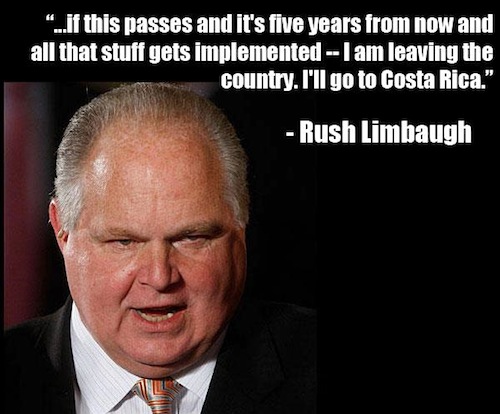You can’t hear it, but someone is lazily picking a banjo. The buffalo no longer roam, having decided one place is as good as another. The deer and the antelope play video games. Montana politics is sleepy, so sleepy. But then look what happens: a federal judge rules unconstitutional several elements of our campaign finance law. Suddenly, the dog sits up. As of Tuesday afternoon—three weeks before the primaries—political parties can contribute unlimited amounts to individual candidates. Judge Charles Lovell’s ruling seems to indicate that limits on donations from individuals and corporations are lifted as well, but Commissioner of Political Practices Jonathan Motl believes he must only revert to the limits in place before the ones Lovell struck down, in 1994.
Anyway, the last time this law was briefly overturned—for nine days in 2012—Republican gubernatorial candidate Rick Hill accepted a $500,000 donation. Our easy slumber may have just been broken. I, for one, welcome the impending rush of cash into Montana politics. The 2016 campaign needs a shot of adrenaline. Why, just this week in the Missoula Independent, I wrote about how Bullock versus Gianforte has been a clash of tepid negatives. But the potential for political action committees of all kinds to spend unlimited amounts of money say unlimited amounts of speech ensures a vigorous exchange of ideas. So pander to me, boys. I’m all napped up.





